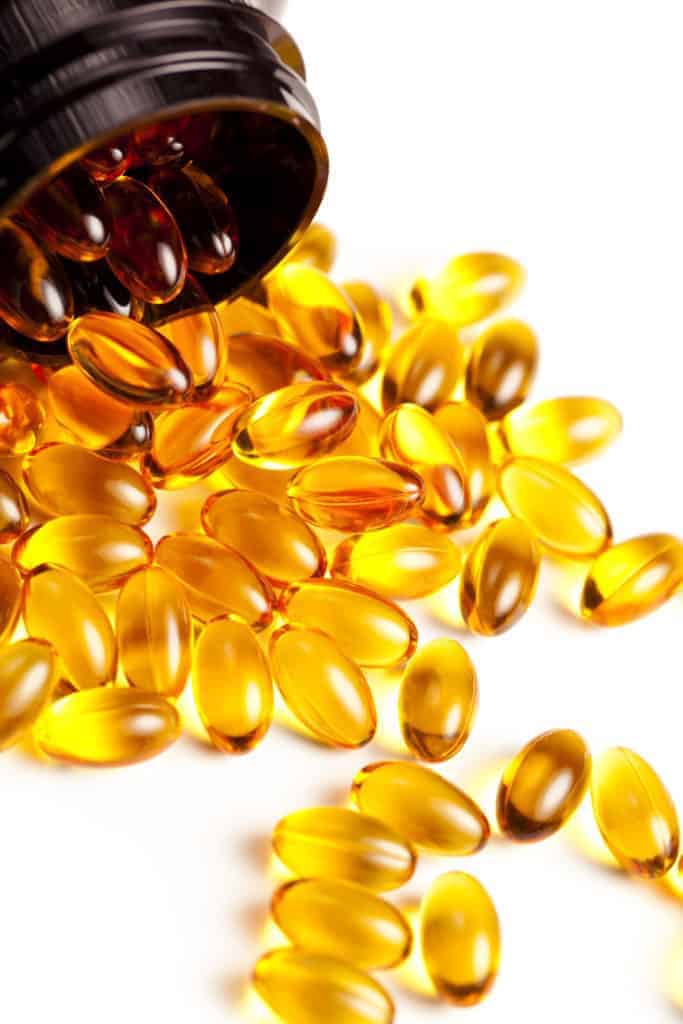
Managing Equine Cushing’s Disease
Certain feeding strategies can help your horse weather equine Cushing’s disease.

Certain feeding strategies can help your horse weather equine Cushing’s disease.

Test for the common endocrine disorders Cushing’s disease and equine metabolic syndrome and treat accordingly.

Selenium and vitamin E work together to alleviate muscle damage and signs of tying up in horses.

One researcher relayed that it could be possible to identify horses at risk for injury before accidents occur.
Eleanor Kellon, VMD, of Uckele Health & Nutrition, shares her thoughts on insulin resistance in horses.
A wrap-up of the most important, interesting, or applicable studies to equine medicine from Dr. Steve Reed.

The horse’s metabolic processes provide the body with the fuels it needs to sustain itself.
Health Canada’s Veterinary Drugs Directorate accepted the low molecular weight hyaluronate sodium product.

Small errors in feeding can make a big difference in competitive horses’ performance. This fact sheet reviews athletic horses’ nutritional needs and describes how to determine if your feeding program is working.

A green-lipped mussel-derived product could be useful for combating some signs of osteoarthritis in horses.

Researchers examined which factors–such as lameness–prompt endurance horses’ elimination from competition.

Researchers recently set out to examine how pregnancy impacts insulin sensitivity and glucose levels.

Kristine Urschel, PhD, discussed factors that regulate equine muscle protein accretion and relevant research.
The latest Horse Course, “Muscle Power: Muscle Mass in Growing, Athletic Horses,” is now available to view.

Supplements, polysulfated glycosaminoglycans, and regenerative medicines are some approaches for treating OA.

Which equine nutritional supplements have the research to back up their claims?
Stay on top of the most recent Horse Health news with
"*" indicates required fields